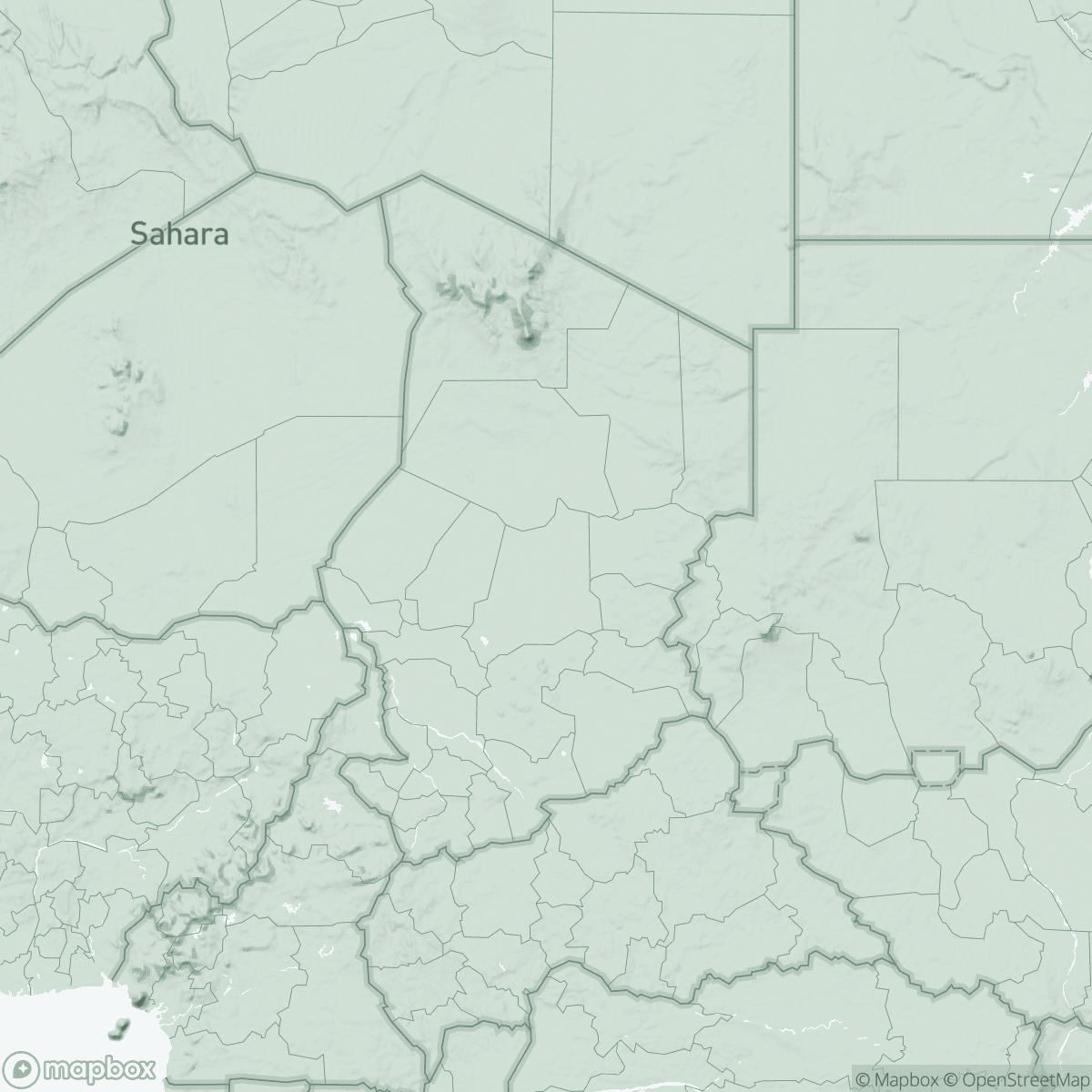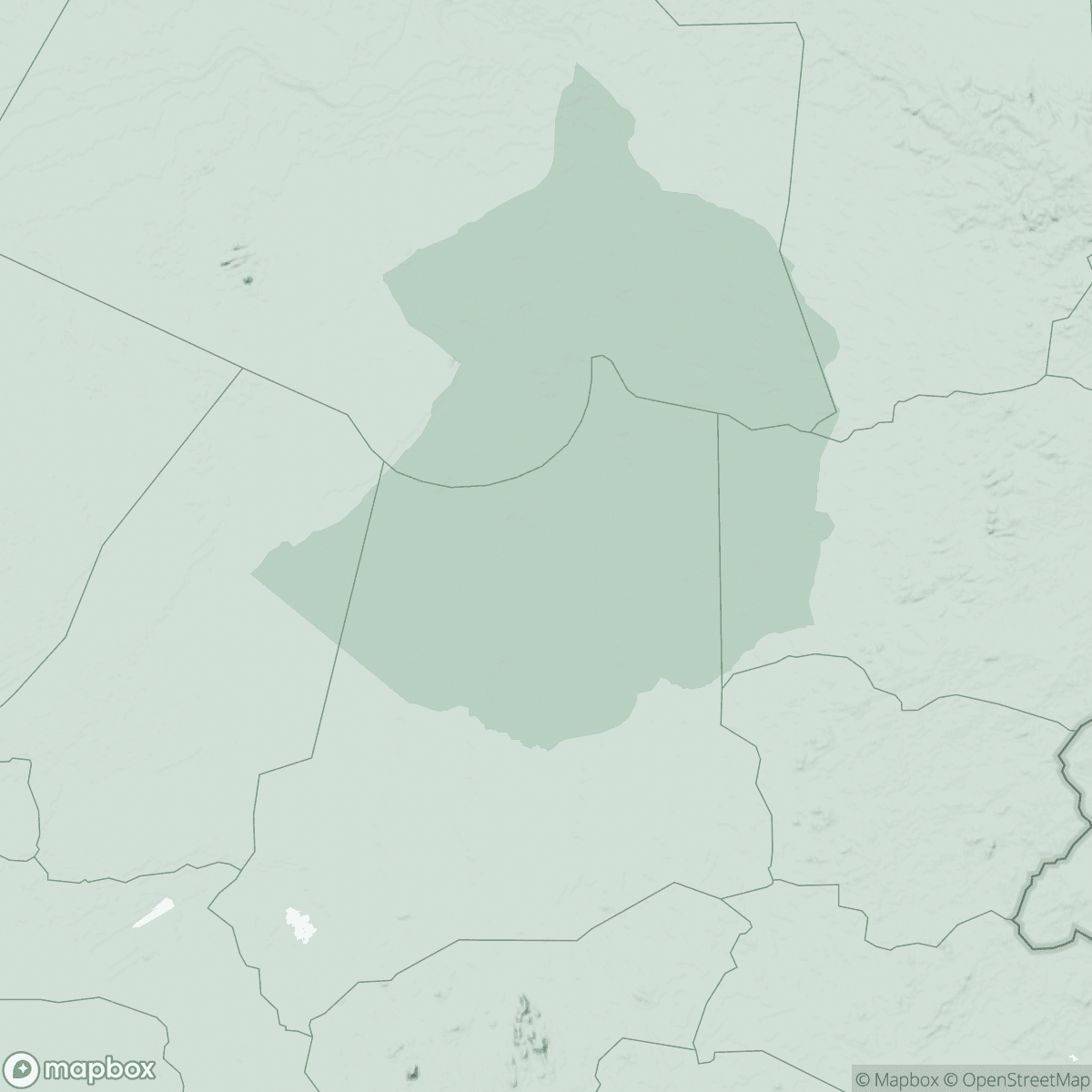
Bringing Water and Hope: A Month of Humanitarian Action in Korobo
In 1 click, help us spread this information :
The Wadi Fira region, which includes the Kobe and Dar Tama departments, has long served as a refuge for displaced people. Since the early 2000s, it has hosted thousands of refugees in five camps: Iridimi, Am Nabak and Touloum in Kobe, and Mile and Kounoungou in Dar Tama.
Since April 2023, more than 80,000 people fleeing violence in Sudan have crossed Wadi Fira, increasing pressure on these camps and surrounding host communities, particularly in terms of access to safe water. As of May 2024, water availability in the Kobe camps had at times fallen below emergency standards of 7.5 to 15 litres per person per day, highlighting the critical need for immediate water interventions.

Roland Couprie, a Luxembourg resident, is currently working with Médecins Sans Frontières (MSF) in Chad as a WASH (Water, Sanitation, and Hygiene) team leader in Wadi Fira, near the Sudanese border. During his two-month mission, which began in October 2024, Roland implemented water supply solutions in refugee camps to help those fleeing the ongoing violence in Sudan.
Here is Roland's account of a day working along the Chad-Sudan border:
Our WASH activity started a month ago around the village of Korobo, on the Sudanese border in Darfur, for a population of 2,000 to 5,000 refugees, who fled the fighting and cannot return home.
One of the difficulties of this project is that this population cannot go to the UNHCR refugee camps because they have herds to tend and crops to harvest in the coming weeks.
They therefore have no access to shelter, food or water.

We are staying in a new MSF base located in the city of Guereda about an hour west of the Sudanese border. At the moment we are only two international staff on site for the opening of the mission. The project coordination and the rest of the team (Project Coordination, Administration, Medical, Health Promotion, etc.) are based in Iriba and should join the new base by the end of November. In the meantime, they come to work in the sector during the week.
A typical day: wake up in the morning around 5:30 am, time to prepare the day and the equipment. Our two drivers arrive at 6:30 am for a departure on the field at 7:00 am. Breakfast and lunch will consist of a flatbread and a can of sardines eaten on the road to save time.
We usually travel in convoy with the mobile clinic teams for safety reasons and especially in case of breakdown or getting stuck in the sand.
It takes us about 2.5 hours to reach the Watsan project sites located on the edge of the Sudanese border.
The main activity is therefore located in Korobo where the refugees and their livestock have only one well as access to water. The quantity of water is not at all sufficient for the entire population and it is dangerously contaminated because of the presence of many animals near the well and because of the infiltration of stagnant water in which the population wades, barefoot.



For the past month, our work has consisted on the one hand of increasing the quantity of water available for the refugees and their livestock as well as for the local population; on the other hand of optimising its quality as much as possible to make it drinkable.


Firstly, we urgently drilled two boreholes and installed two water distribution tanks. At the same time, we organised a water distribution with 4 pickups to supply refugee areas that were more remote and/or without resources to fetch water (donkey, horse).
In a second step, we rehabilitated and secured the well. We also built a water trough so that the animals could drink without causing contamination.
The last phase was to disinfect the cans and treat the water produced to ensure its potability and thus reduce the number of waterborne diseases, especially diarrhea and severe diarrhea in children.
For this we have trained 8 people who are responsible for chlorinating the water in the tanks in the distribution pickups and for chlorinating directly in the refugees’ cans. Indeed, we cannot do massive chlorination in the tanks because 60% of the water produced is consumed by livestock and must not be chlorinated.



Around 2:30 p.m. we take the road to Guereda again in order to be able to return before nightfall which falls around 5 p.m. All that remains is to unload the equipment, take stock of the day and the accounts (many local purchases for the needs of the project and 17 people to pay weekly) with the team and then prepare for the next day before a well-deserved rest.
MSF's expanded response in the Wadi Fira region
In response to the crisis, MSF has scaled up its activities in the region to respond to urgent health and humanitarian needs. Since February 2024, MSF has been operating in Iriba with a clinic in Touloum refugee camp, where outpatient consultations are offered five days a week. Services include nutritional care, sexual and reproductive healthcare, mental health support, and care for survivors of sexual violence. Cases requiring hospitalization are referred to Iriba district hospital, which MSF supports, including in the emergency, maternity and neonatal units.
In Touloum, MSF completed three boreholes, which are now connected and operational, significantly improving the water supply for refugees. In Iridimi camp, MSF finalized the connections of the boreholes, adding approximately 150,000 liters of water per day to the network. In Am Nabak, improvements have been made to the network, although the additional amount of water remains difficult to assess due to poor management of the system. Furthermore, since the influx of refugees in Birak and Koulbous, MSF has been supporting water transport efforts, setting up a system to fill two 25,000-liter trucks rented by UNHCR, which deliver water to the camp extensions.
Since July 2024, MSF has also been present at the Tine border crossing point, where the number of weekly refugee arrivals has fluctuated widely before recently stabilising at around 100 people. Teams there carry out medical screenings, vaccinations, malnutrition assessments and referrals to therapeutic centres. In the Tine transit camp, MSF runs a mobile clinic three times a week, provides daily water supplies and distributes essential non-food items such as buckets, lotas (a type of container) and soap. Catch-up vaccination campaigns also target host communities in the Tine areas of responsibility.
The situation has intensified in areas such as Birak and Koulbous, where more than 40,000 people, including war-wounded transferred to Abéché, have crossed the border since late September 2024. In response, MSF has launched mobile clinics and environmental health activities to address urgent needs.
Dedicated teams, like those led by Roland, are working tirelessly to provide care in the midst of this growing humanitarian crisis.





